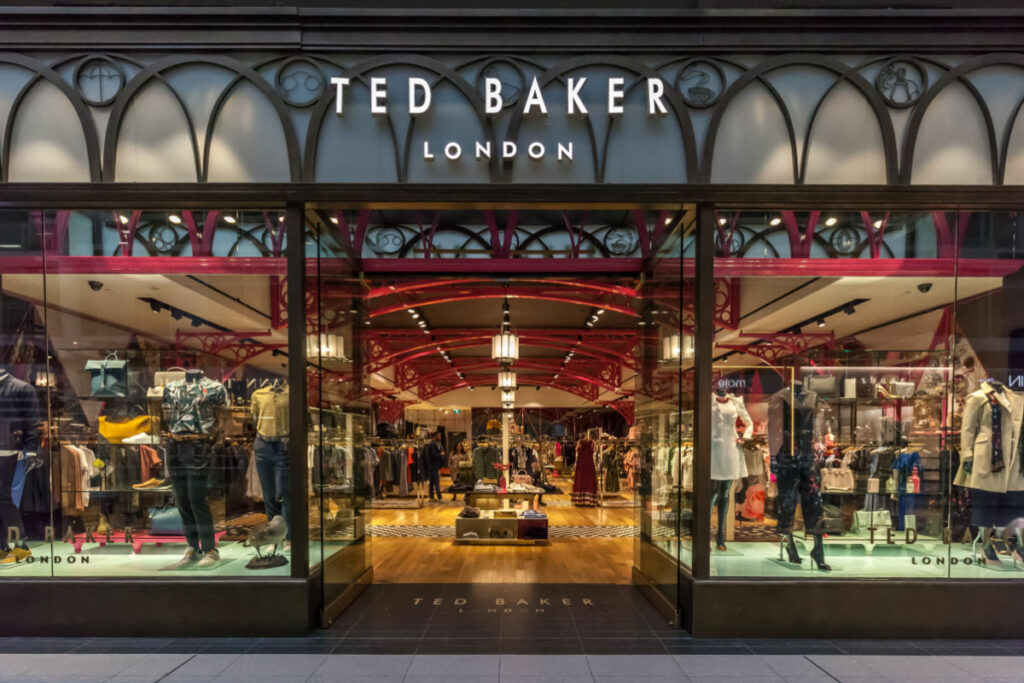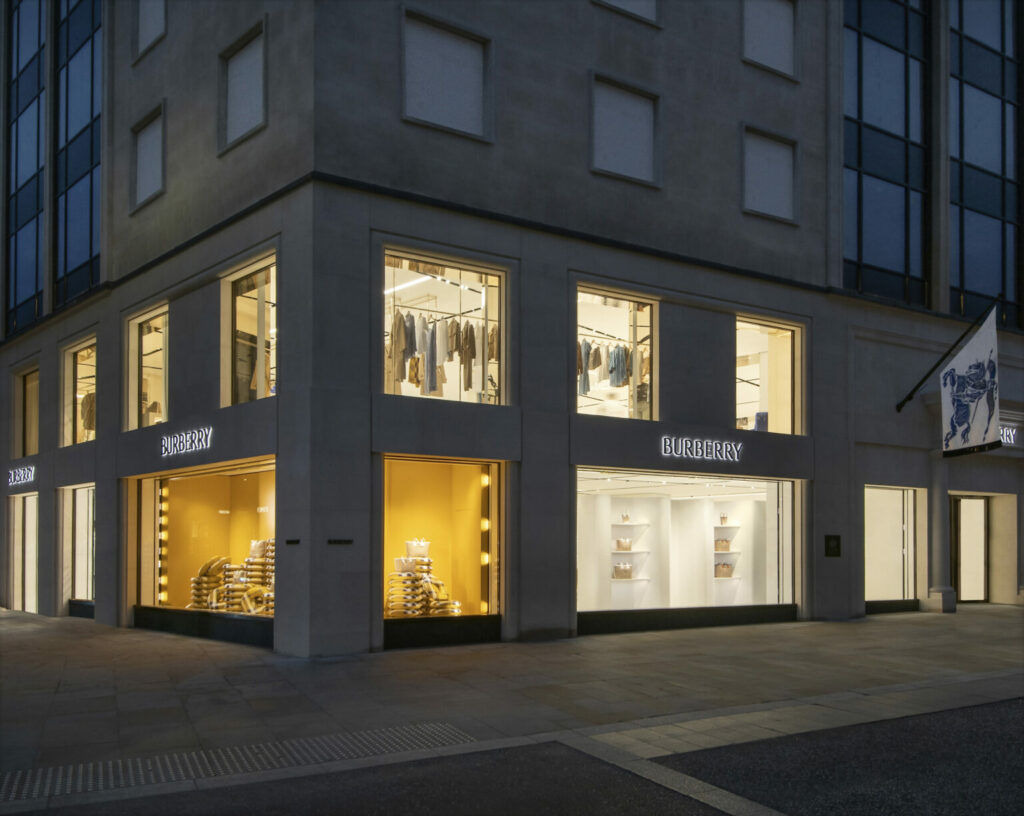Asos chief executive Nick Beighton’s sudden departure last week brought an end to his 12-year career at the retailer.
Beighton’s start at Asos marked one of the few times a chief executive took over from the founder of the company.
He joined Asos in 2009, before taking over from founder Nick Robertson in 2015.
Beighton said, upon his resignation that when he joined the company, there were fewer than 200 people and it had annual sales of around £220 million.
“I leave a business reporting turnover of almost £4 billion, with more than 3000 fantastic Asos-ers delivering for 26 million customers in 200 markets around the world,” he said.
While ecommerce players have thrived in the climate of Covid-19, they are not immune to the challenges of the pandemic, along with issues brought on by supply chain disruptions and Brexit.
As a result, Asos revealed in its full-year results last week that it was being affected by some of the same issues that have hit, and will continue to hit, other companies across retail – the extra expenses of Brexit, higher supply chain costs and labour cost inflation.

Despite the challenges, the company revealed that there are huge opportunities for growth in the US and Europe.
However, Asos now stands without a leader, and Beighton’s successor will be responsible for overseeing the growth plans.
In its core UK market, Asos delivered a 36 per cent rise in revenue last year as it increased market share, while in the US total sales growth was 21 per cent.
In order to accelerate its US growth plans, Asos partnered with US retail giant Nordstrom in a joint venture that will see Topshop clothes sold in physical stores again for the first time since late last year.
The deal sees Nordstrom – which first struck a deal with the former Arcadia flagship brand nine years ago – buy a minority stake in the Topshop, Topman, Miss Selfridge and HIIT brands that were bought out of administration by Asos earlier this year.
Asos said: “The joint-venture will help drive the growth of these brands and paves the way for exploration of a new wider strategic partnership aimed at building greater awareness and engagement in the US and Canadian market.”

Taking a huge leap into the US is arguably an ambition for most major retailers, although some investors and Asos board members have become frustrated that international sales, including in a trophy market such as the US, have not mirrored the strength of the UK and are therefore not reflected in the share price.
For Beighton’s successor, accelerated growth Stateside will be a top priority.
Asos chair Adam Crozier will hand over the responsibilities to non-executive director Ian Dyson next month, and said the Asos board have spent “considerable time over recent months developing and validating a clear strategic plan to accelerate international growth, building on Asos’ undoubted strength in the UK”.
James Pow, senior retail adviser at business advisory firm Quantuma, said Asos has performed well during the pandemic, but demand is slowing down and investors are getting cold feet.
“The shift in interest rates will affect the company as is the global supply chain in terms of stemming profits,” Pow warned.
“In appointing a successor, the board will now be looking to restore faith in the company after a knock.
“A 20 per cent increase in costs noted to shareholders caused concern along with cooling of online but importantly stating that Asos had made a concerted effort to hold its prices for it’s customers has scared the financial analysts and investors alike.
“That said, Asos owes a great deal of credit for its growth to Beighton. He had a good team around him who carried out the strategy agreed by the board.
“While the chief executive will drive that strategy, the board and chair will still have had a significant role to play.”
Retail expert Nelson Blackley warned that Beighton’s departure will have an impact on the business.
“Although Asos have moved quickly to put into place an interim replacement until a successor is recruited, just how long that might take will be critical, as it appears the search has just begun – which might also indicate Beighton’s departure was unexpected,” he said.
“Asos owes a great deal of credit for its growth to Nick Beighton”
“The timing was clearly a surprise to many and given the current non-exec chair Crozier, is also leaving, it’s never great to have both these key leadership positions changing at the same time.
“If Asos recruits a new chief executive that has international experience, and a track record of managing and expanding a global business, this will undoubtedly help their previously stated international expansion plans.
“Crozier has already stated they are looking to appoint someone to commit long term to oversee Asos’ international expansion and so the departure of Beighton could be interpreted as a strategic move by the Asos board to get the right leadership in place for the next phase of its growth.”
Bloomberg Intelligence’s equity research senior associate, Tatiana Lisitsina said a lot will depend on whether a new chief executive continues with the existing C-suite and builds on the strategy or whether more changes are made to implement a different path to growth.
“Over the last 10 years Asos’ share price performance has been rocky and growth was volatile. There have been two major profit warnings,” she told Retail Gazette.
“In 2014, lack of tech investment resulted in the inability to adjust prices when the pound strengthened making products look too expensive to customers outside the UK.
“In 2018/19, under Beighton as chief executive, European orders could not be fulfilled from the Berlin warehouse due to technical issues with IT while the lack of workers in the US warehouse held back sales.
“Further, beginning of the pandemic, Asos failed to switch to the lockdown fashion mix and ended up with unsold occasion wear, missing out on a sales opportunity.
“Several missteps happened in terms of fashion choice and warehouse issues and many lessons were learned. Yet, Asos addressed those issues and managed to improve its operational grip and strengthen its board.”
The ecommerce world is arguably extremely competitive, with new players always joining the market.
All UK companies involved in online fashion face a variety of threats, not least the impact of Brexit together with global supply chain ‘headwinds’ and higher freight and labour costs.
Profits will be under increasing pressure for all ecommerce players, but if a new Asos chief executive can oversee the successful international expansion they plan, and increase the levels of their own label sales, they should be able to push back against competitors.
Click here to sign up to Retail Gazette‘s free daily email newsletter

















